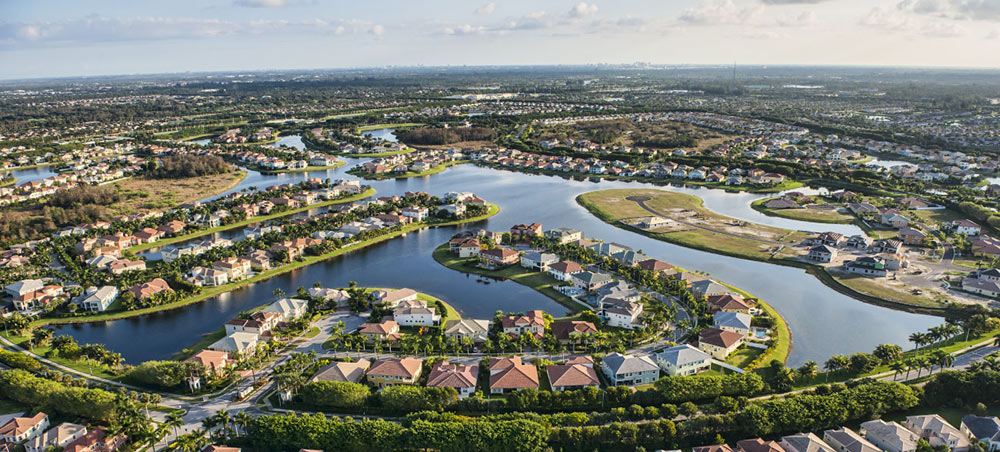Without Florida’s Community Development Districts (CDDs), much of the state would look nothing like it does today. Created solely to build and finance infrastructure for planned communities, which could be residential, commercial or a mix of both, Florida’s CDDs are responsible for much of the infrastructure built over the past decade in our beautiful state, including roads, recreational facilities, water, wastewater projects, and more.
Clearly, if we had to live without the support of a local infrastructure, the different facilities we are used to, as well as managed services, things would be difficult. Most of us probably can’t even contemplate such a situation.
As consumer expectations have changed, requiring developers to provide basic infrastructure and services for any new communities being built, CDDs, in combination with planned communities, represent an effective approach to creating communities that are attractive and enjoyable to live in, but also cost-effective.
A CDD has numerous responsibilities in a community, including the construction of roads and bridges, resident recreational and amenity facilities, storm water management, supply of irrigation and potable water, utilities, and street lights. They also have to ensure that community development facilities will be ready at the same time as other parts of the project being developed, enabling effective growth of the community.
CDDs are governed by a Board of Supervisors. Residents and property owners are in charge of establishing the quality standards they desire, which the CDD then manages. This approach to maintaining a high level of quality control in management ensures properties in the community retain their value over the long-term.
Egis Risk Advisors is the administrator of Florida Insurance Alliance (FIA), a public entity trust protecting more Special Districts and Public Charter Schools than any other insurance trust in Florida. We not only understand the mission of Florida’s Community Development Districts, but also provide our full support through the following insurance coverages and services:


